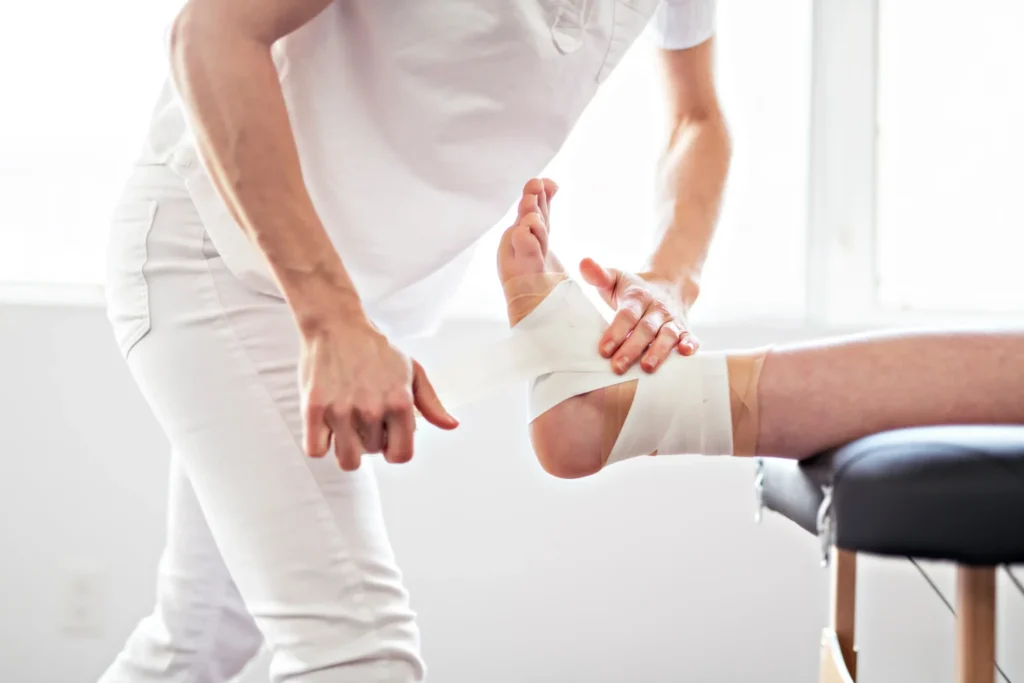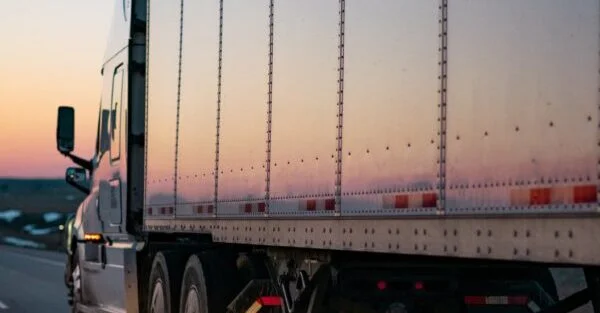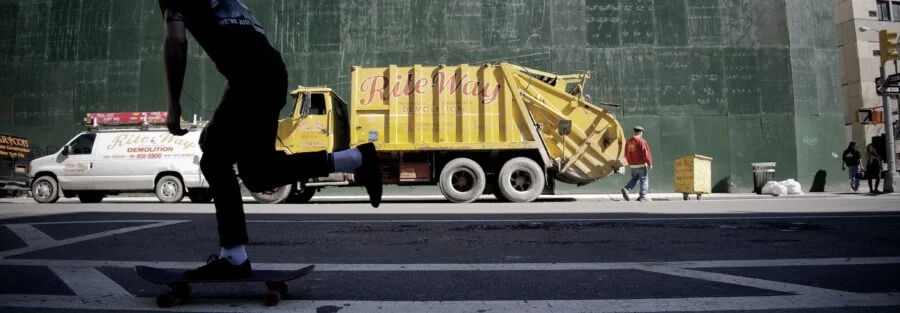Understanding Wrongful Death Lawsuits in Louisiana
Losing someone you love is one of the hardest things you will ever experience. When the death was caused by another person’s negligence, or carelessness, moving on is even more difficult and frustrating. Whether the death was caused by a car crash, an accident on someone else’s property, or a defective product, you can file a claim against the liable party. Like other personal injury claims, those involving wrongful death are governed by many laws. Below, our Baton Rouge wrongful death lawyer outlines what these are and how you can obtain the full compensation your family deserves. How Wrongful Death is Defined in Louisiana Louisiana law defines wrongful death as any death that is another person’s fault. Often, wrongful deaths are the result of someone else’s negligence, or carelessness. This is often true in car accident cases. On the other hand, wrongful death can also be caused by intentional acts, such as sexual assault or battery. Wrongful death cases involve claims that a person could have filed themselves if they had survived the incident. Due to the fact that they did not, certain loved ones can file a claim on their behalf. When a death was caused by a criminal act, the case is very different from a criminal proceeding. A criminal case will hold the at-fault party accountable to the state. The defendant may face certain criminal penalties, such as fines paid to the state and jail time. However, a criminal case will do nothing to compensate the family of the deceased. In order to obtain compensation, family members must file a wrongful death claim, which is a civil case. Additionally, during a criminal proceeding, the accused must be found guilty beyond a reasonable doubt. This is a high standard to meet. On the other hand, in a wrongful death claim, you must only show the defendant is liable by a preponderance of the evidence. This only means that you must show that it is more likely than not that the defendant caused the death. Who Can File a Wrongful Death Claim? Not everyone in Louisiana can file a wrongful death lawsuit. In order to be eligible to file a lawsuit, the plaintiff in the case must be a relative of the decedent. The order in which family members are given priority is as follows: The surviving spouse and children of the deceased, The surviving parents of the deceased, if there are no surviving spouses or children, The surviving siblings of the deceased, if there are no surviving parents, or The surviving grandparents of the deceased if there are no surviving siblings. Adopted relatives have just as much right to file a wrongful death lawsuit as blood relatives. However, if a parent has abandoned a child, they cannot later file a wrongful death claim to recover damages for the child’s death. Statute of Limitations in Wrongful Death Claims Like other personal injury cases, wrongful death claims have a statute of limitations of one year. Unlike in other personal injury cases, the statute of limitations starts on the date of the death and not the date of the accident that caused the death. The statute of limitations is a very strict law, and if you do not file your claim within that time, you will likely lose all right to obtain any compensation at all. Compensation Available in Wrongful Death Claims The damages that are available in wrongful death claims are meant to compensate family members for their losses related to the death. Economic damages are those that have an actual dollar value. The most common types of these damages include: Funeral and burial expenses Medical expenses Lost income and other employment benefits, and The value of childcare or household services the deceased provided. Non-economic damages are also available in wrongful death claims, but these do not have a concrete dollar value. The most common non-economic damages in wrongful death lawsuits include the grief and anguish of survivors and the loss of companionship, care, emotional support, and guidance loved ones suffer as a result of the loss. Our Wrongful Death Lawyer in Baton Rouge Can Help You Through this Difficult Time If you have lost someone you love, you need sound legal advice. At Big River Trial Attorneys, our Baton Rouge wrongful death lawyer can provide it and handle every detail of your claim so you and your family can focus on moving forward. Call us now at (225) 963-9638 or fill out our online form to schedule a free review of your case and to get the help you need.




